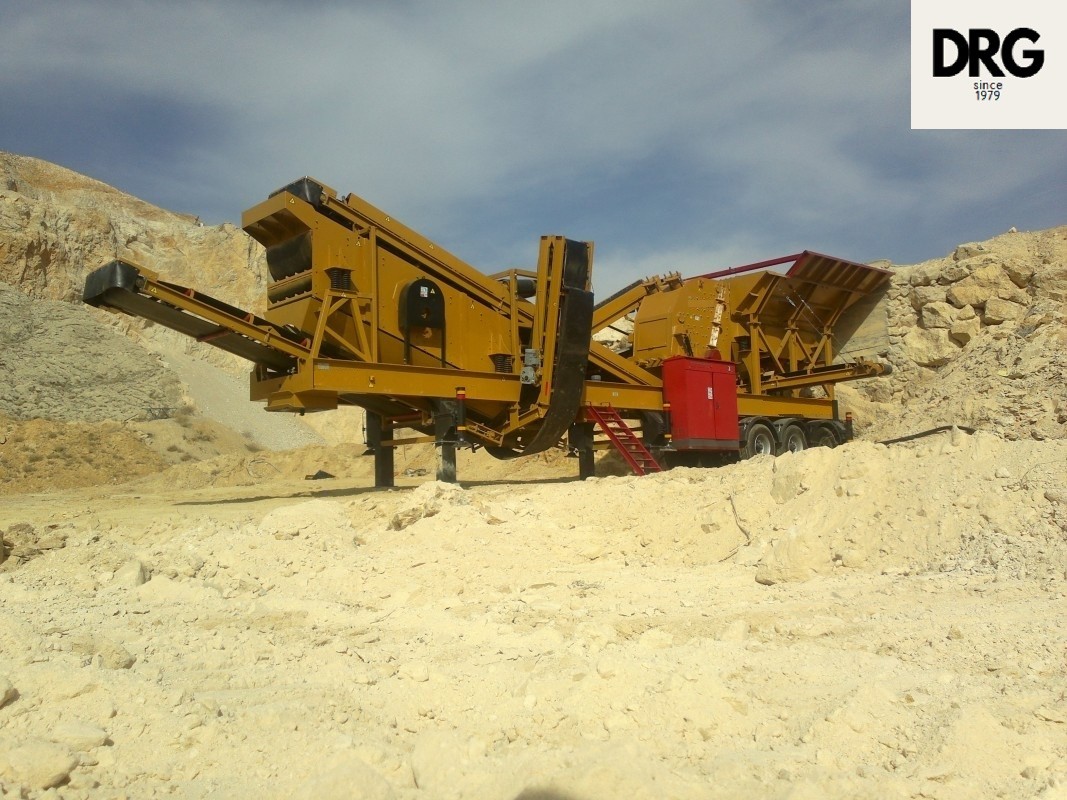What to Consider When Buying a Mobile Crushing and Screening Plant
Mobile crushing and screening plants are essential for the construction, mining, and recycling industries. These units offer flexibility in transportation and many advantages over stationary plants. However, a thorough evaluation is crucial before investing to ensure cost-efficiency and operational success. Here are the main factors to consider:
1. Needs Analysis
-
What type of material do you plan to crush? (e.g., basalt, limestone, gravel, concrete waste)
-
What is your required hourly capacity?
-
What is the hardness and moisture level of the material?
-
What particle size distribution do you aim for in the final product?
2. Machine Capacity and Performance
-
Does the crushing capacity meet your project needs?
-
Is the mobile unit quick to transport and install?
-
Are the components such as vibrating screen, jaw crusher, impact crusher, or cone crusher high-performance?
3. Portability and Ease of Setup
-
Will the plant be moved between multiple sites?
-
Is the chassis type (single or multiple) suitable for your application?
-
Does it feature a hydraulic system for quick setup and dismantling?
4. Energy Consumption and Fuel Efficiency
-
Is it diesel-powered or does it require an external power supply?
-
Is the system energy-efficient?
-
What are the long-term operational costs?
5. Spare Parts and After-Sales Service
-
How quickly can the manufacturer supply spare parts?
-
Is there a reliable warranty and service network?
-
Are remote support and on-site maintenance available?
6. Manufacturer Reliability
-
How experienced is the manufacturer in the industry?
-
Are there references from similar projects?
-
Is it locally made or imported? Which option offers better service and support?
7. Cost-Performance Balance
-
It's not about the cheapest, but the most efficient and durable solution.
-
Besides the initial cost, consider maintenance expenses, parts availability, and energy usage.
8. Environmental and Regulatory Compliance
-
Does the plant meet noise, dust, and vibration regulations?
-
Are all necessary licenses and certifications available for mobility?
 English
English
 Le français
Le français
 Türkçe
Türkçe

